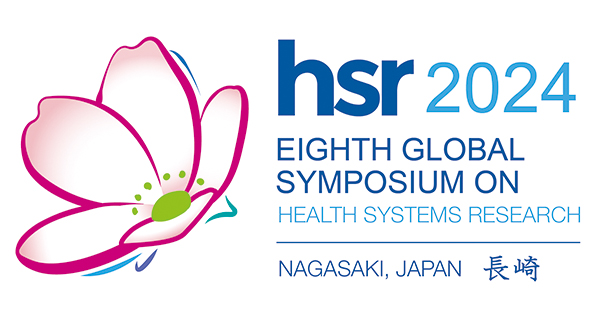Kumiko Goto
 One year has passed since I graduated from Nagasaki University, Graduate School of International Health Development. Now I work in Zambia on the Maternal, Newborn and Child Health project. One of my goals, which was to work in the field of public health in Africa again after I left the JOCV, has finally come true.
One year has passed since I graduated from Nagasaki University, Graduate School of International Health Development. Now I work in Zambia on the Maternal, Newborn and Child Health project. One of my goals, which was to work in the field of public health in Africa again after I left the JOCV, has finally come true.
During the course I was inspired by a message from Prof. Aoki, former dean of our course, who claimed that in the area of public health, we must see things from the view of both birds and earthworms, in other words, to see the entirety of the situations and issues from above and as an individual from the ground. This message was reinforced through the various lectures by our professors with their rich backgrounds. I learned that perceptions regarding diseases are based on the local culture and traditions, differing among various societies. Therefore, it is essential to take into account the context and setting when dealing with them.
Apart from the lectures, the internship during the second year of the course gave me more comprehensive and practical ideas on how we needed to construct our project in order to confront the issues with the help of the local people, and what expertise and skills were expected when in the field.
The project that I am currently engaged in in Zambia aims to prevent “the three delays” associated with maternal death by constructing maternity waiting houses and training the community health workers. I always remind myself to maintain the multiple perspectives that I gained in this course and take the opinions of local people into consideration for my project.
(JOICFP-Zambia, Maternal, Newborn and Child Health (MNCH) One stop service project in Zambia.)

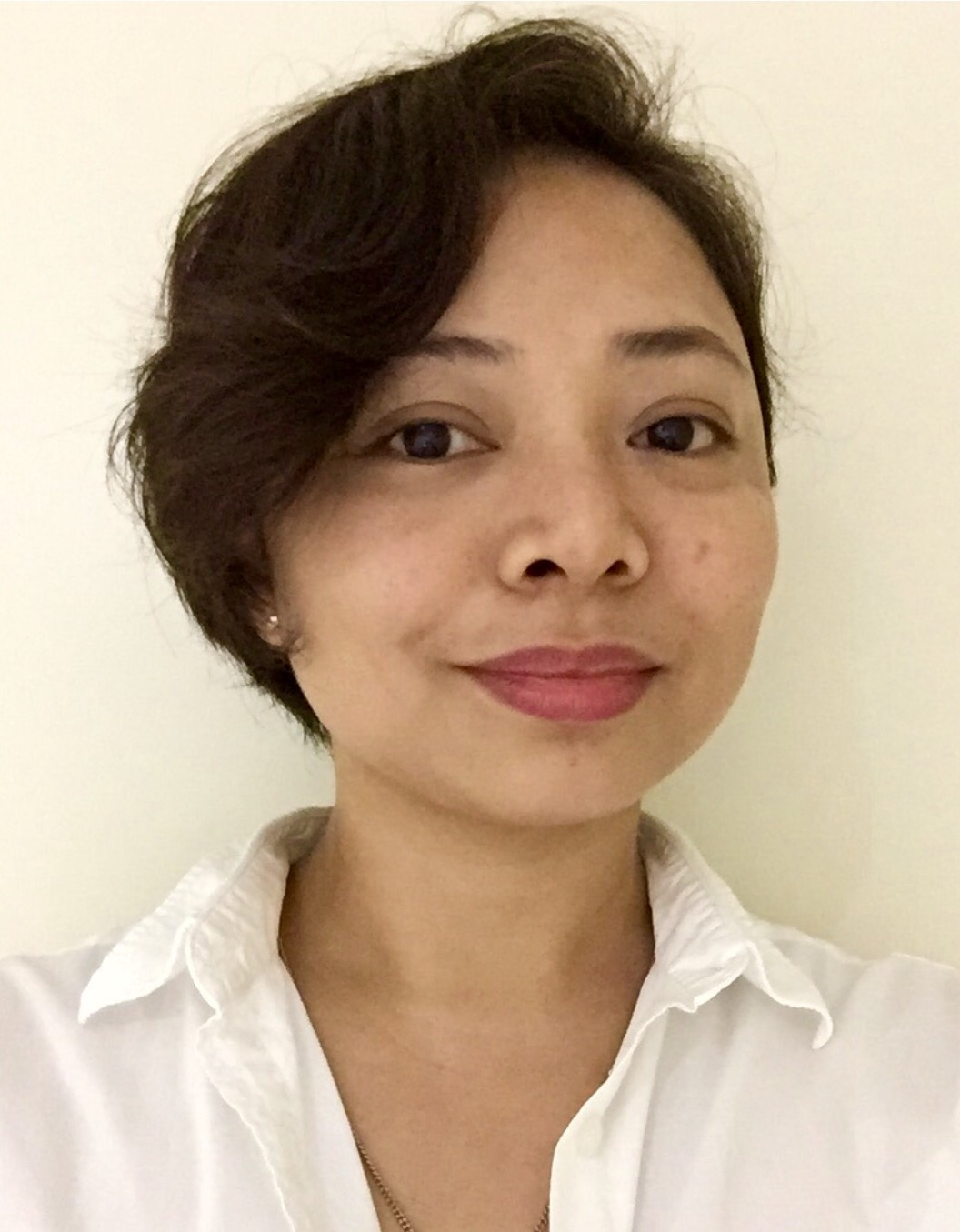 What attracted me to TMGH then, after scouring the internet for graduate schools of medicine within Japan, were the MTM course’s flexible timetable, its use of English as the medium of instruction, its roster of high caliber faculty, its close collaboration with the London School of Hygiene and Tropical Medicine (LSHTM) and other prominent organizations, and my general perception of the school as a nurturing community.
What attracted me to TMGH then, after scouring the internet for graduate schools of medicine within Japan, were the MTM course’s flexible timetable, its use of English as the medium of instruction, its roster of high caliber faculty, its close collaboration with the London School of Hygiene and Tropical Medicine (LSHTM) and other prominent organizations, and my general perception of the school as a nurturing community.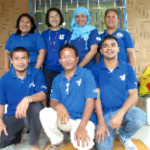 I have been working as a project manager as part of an NGO for the Community Development with Indigenous Children in Mindanao project in the Philippines for one year. I have experienced a lot such as going to the project area, which was on a mountain, by motorbike, participating in discussions with stakeholders such as the Department of Education, and having long staff meetings at the office.
I have been working as a project manager as part of an NGO for the Community Development with Indigenous Children in Mindanao project in the Philippines for one year. I have experienced a lot such as going to the project area, which was on a mountain, by motorbike, participating in discussions with stakeholders such as the Department of Education, and having long staff meetings at the office. One year has passed since I graduated from Nagasaki University, Graduate School of International Health Development. Now I work in Zambia on the Maternal, Newborn and Child Health project. One of my goals, which was to work in the field of public health in Africa again after I left the JOCV, has finally come true.
One year has passed since I graduated from Nagasaki University, Graduate School of International Health Development. Now I work in Zambia on the Maternal, Newborn and Child Health project. One of my goals, which was to work in the field of public health in Africa again after I left the JOCV, has finally come true.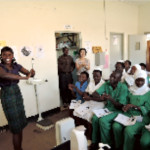 Since completing my studies at the graduate school, I have been working as a clinical researcher in a public hospital located in a small city in Eastern Uganda alongside local NGOs and research organizations from the UK. Although I am trying my utmost to put into use the knowledge and experience I acquired from graduate school, and to open myself to new findings, there are many questions and challenges I face in the field every day.
Since completing my studies at the graduate school, I have been working as a clinical researcher in a public hospital located in a small city in Eastern Uganda alongside local NGOs and research organizations from the UK. Although I am trying my utmost to put into use the knowledge and experience I acquired from graduate school, and to open myself to new findings, there are many questions and challenges I face in the field every day.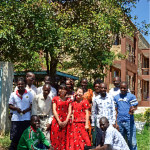 I took part in the Japan Oversea Cooperation Volunteer program as a nurse in Senegal and felt the importance of international health cooperation. I also believed that being a part of that was a rewarding experience for me.
I took part in the Japan Oversea Cooperation Volunteer program as a nurse in Senegal and felt the importance of international health cooperation. I also believed that being a part of that was a rewarding experience for me.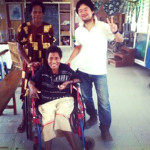 I enrolled in the Graduate School of International Health Development after finishing my volunteer program in Papua New Guinea. Through my volunteer experience as a physiotherapist, I faced the reality that a lot of disabled people are living with physical and psychological barriers in remote areas due to a lack of rehabilitation services. Motivated by my desire to become an expert who can be involved in drafting policies to help people with disabilities, I applied for this school.
I enrolled in the Graduate School of International Health Development after finishing my volunteer program in Papua New Guinea. Through my volunteer experience as a physiotherapist, I faced the reality that a lot of disabled people are living with physical and psychological barriers in remote areas due to a lack of rehabilitation services. Motivated by my desire to become an expert who can be involved in drafting policies to help people with disabilities, I applied for this school.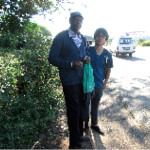 I entered Nagasaki University’s graduate school as soon as I completed my undergraduate education. Initially, I was worried about my graduate studies because I did not have any experience in the health field, however my experienced professors put those fears to rest. They were very enthusiastic, as were my classmates, and after a year my anxiety faded away.
I entered Nagasaki University’s graduate school as soon as I completed my undergraduate education. Initially, I was worried about my graduate studies because I did not have any experience in the health field, however my experienced professors put those fears to rest. They were very enthusiastic, as were my classmates, and after a year my anxiety faded away.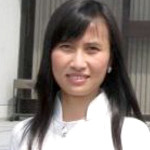 My name is Yen Hai Doan. I come from Vietnam.
My name is Yen Hai Doan. I come from Vietnam.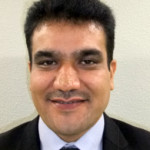 This is my first experience conducting a medical study.
This is my first experience conducting a medical study.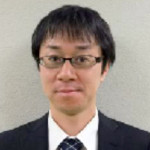 For three months in Manila I conducted research relating to tuberculosis at a national infectious disease hospital. Prior to that, when I was still in Nagasaki, I had attended lectures on biostatistics and medical ethics which were core to the clinical research and made my research proposal along with my supervisor.
For three months in Manila I conducted research relating to tuberculosis at a national infectious disease hospital. Prior to that, when I was still in Nagasaki, I had attended lectures on biostatistics and medical ethics which were core to the clinical research and made my research proposal along with my supervisor.